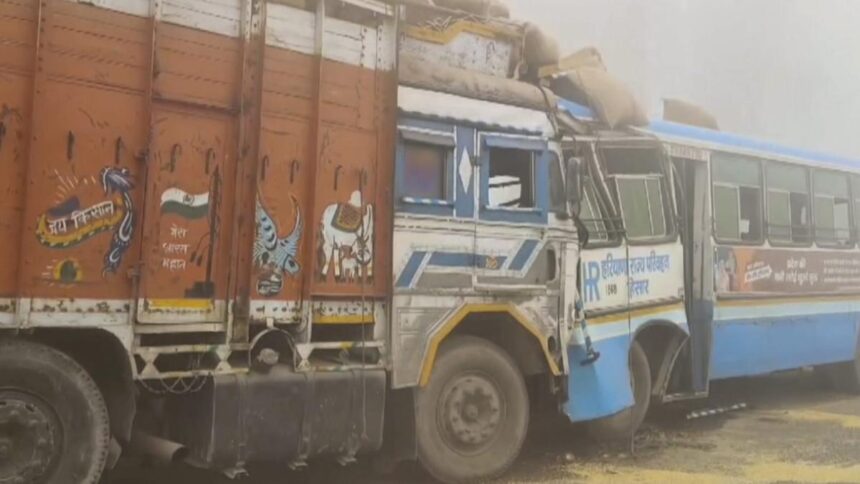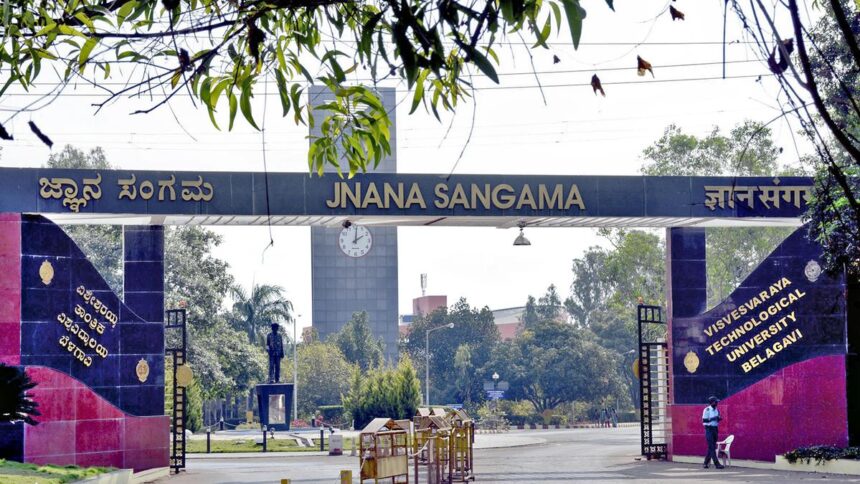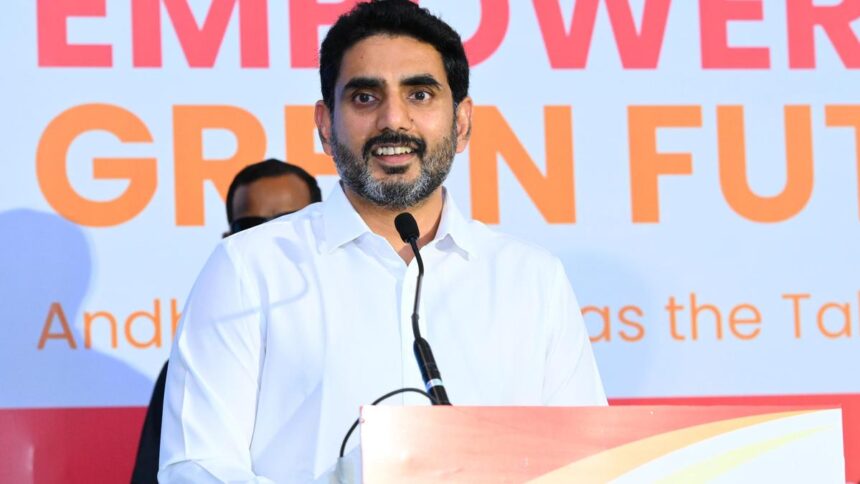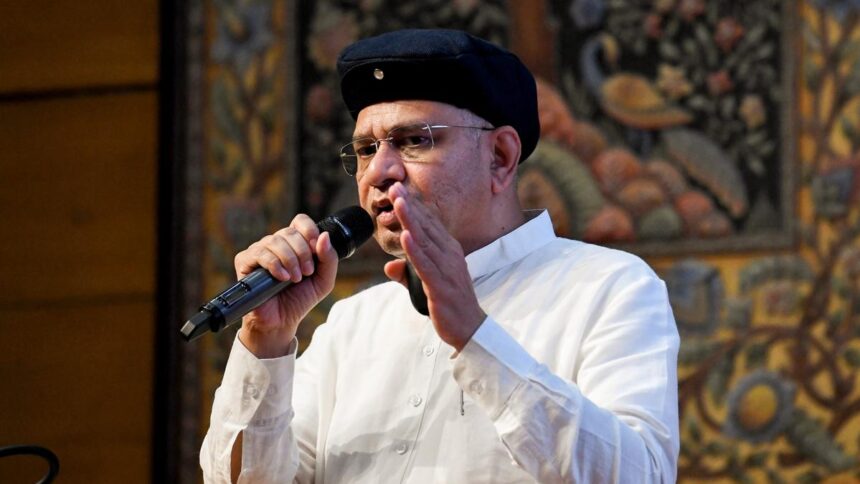
There is a direct correlation between declining Central allocation for MGNREGS and the reduced income of rural women. File
| Photo Credit: The Hindu
There is a direct correlation between declining Central allocation for the Mahatma Gandhi National Rural Employment Guarantee Scheme (MGNREGS) and the reduced income of rural women, activists of the NREGA Sangharsh Morcha, said at a press conference in Delhi to mark the 20th anniversary of the governing law.
Also Read | Cruel attempts to throttle MGNREGA must end, says Congress
Ram Beti, NREGA Sangharsh Morcha activist from Sitapur in Uttar Pradesh, said that prior to the implementation of the rural employment guarantee scheme, for agricultural work and blue collar jobs, men used to be paid double that of women. “With MGNREGS for the first time, we got the same pay for the same work as men,” she said. While the number of workers have increased, the budget for the programme has remained the same, she said, slowly starving the welfare programme.
“We are back to the pre-2006 situation since the work under the scheme is no longer available due to fund shortage,” she said. Women constitute more than 50% of the workforce for MGNREGS projects. This year, out of the total person-days (defined under MGNREGS as the total number of work days by a person registered under the scheme in a financial year), 56% was completed by women.
The Hindu had reported on August 28, that ₹51,521 crore out of ₹86,000 crore earmarked in the 2025-26 Union Budget has already been spent. Given the Finance Ministry’s directive capping the expenditure in the first two quarters at 60% of the total available budget, the Centre has only ₹79 crore under the programme for the month of September. For the last two consecutive budgets, the MGNREGS was allocated ₹86,000 crore.
Mandeshwari Devi, another activist from Muzzaffarpur in Bihar, said that technological interventions, such as recording attendance via mobile application (National Mobile Monitoring System) has made it increasingly difficult to access work. “We may have worked for seven days at the site, but attendance is captured only for three or four days. Each day there is a new problem with the attendance system —sometimes the server is down, sometimes there is no connectivity,” she said.
Anuradha Talwar, NREGA Sangharsh Morcha convenor in West Bengal, said, what should have been the prime of this welfare programme seems to be in its one of its lowest phases. “At an early age of 20 years, MGNREGS is dying,” she said. The Centre suspended the scheme in West Bengal from March 2022, citing irregularities in its implementation by the State administration. The Centre is yet to implement the Calcutta High Court’s recent direction to resume the programme in the State from August 1.
Published – September 06, 2025 10:14 pm IST





















